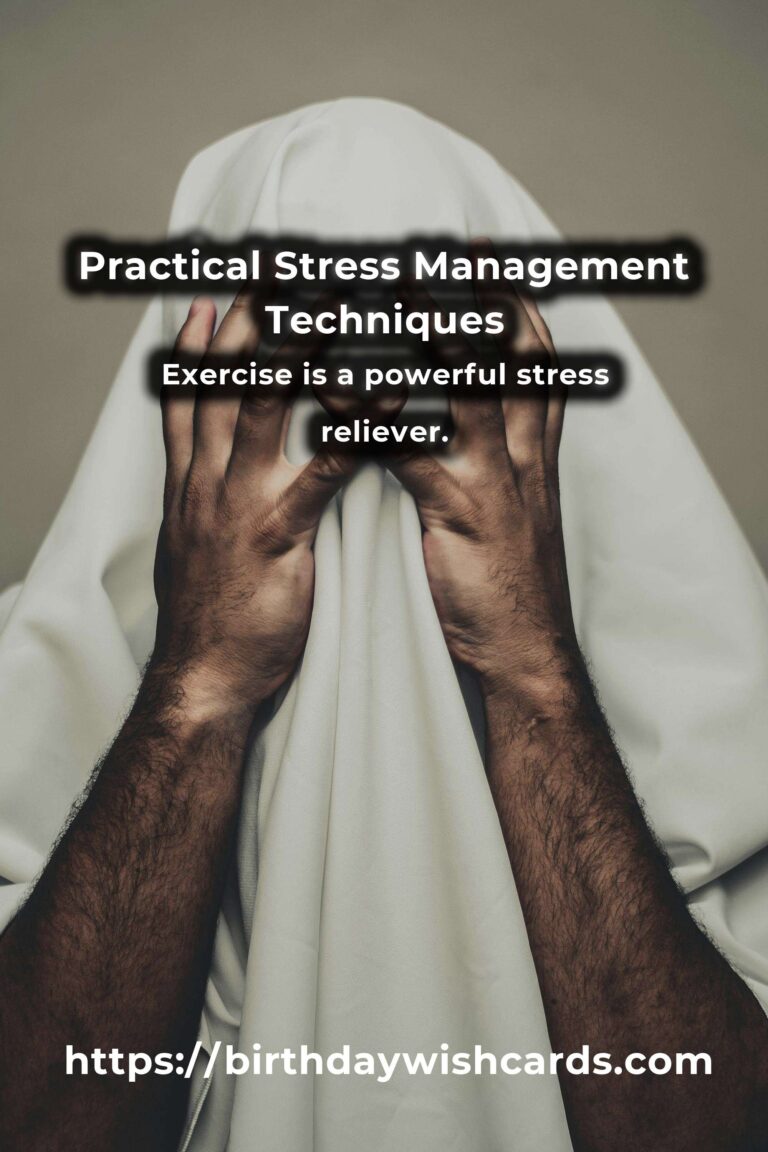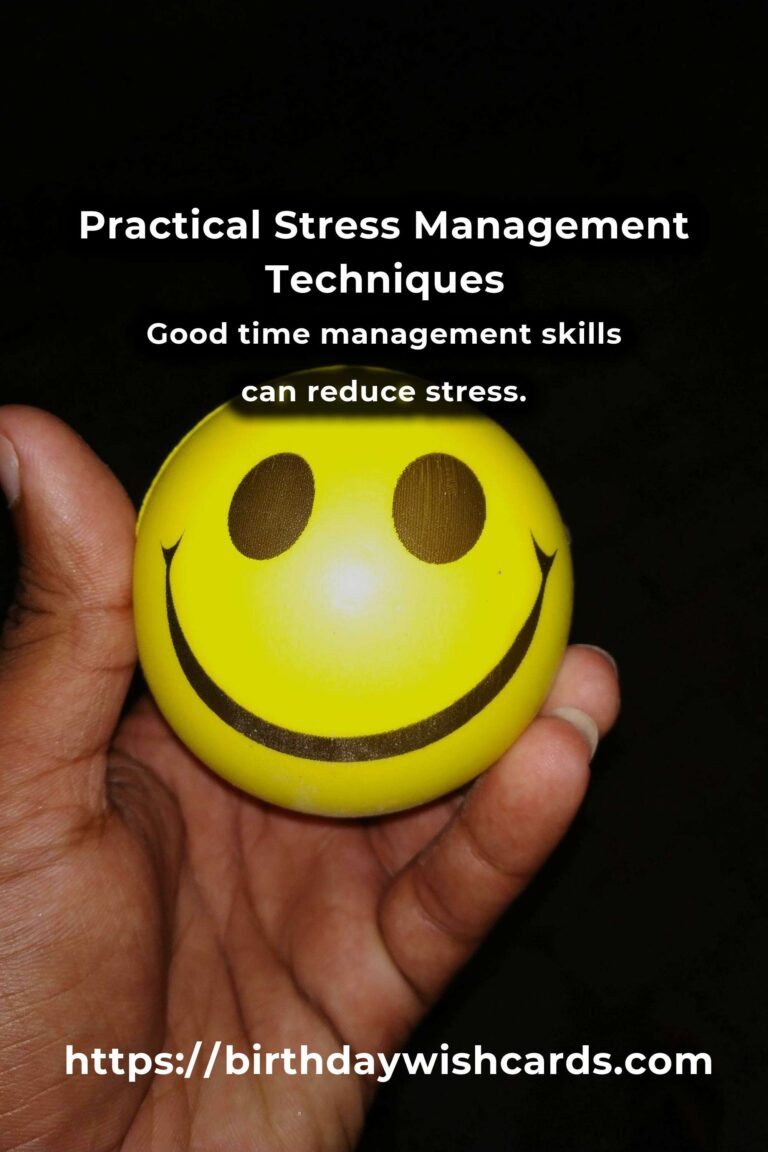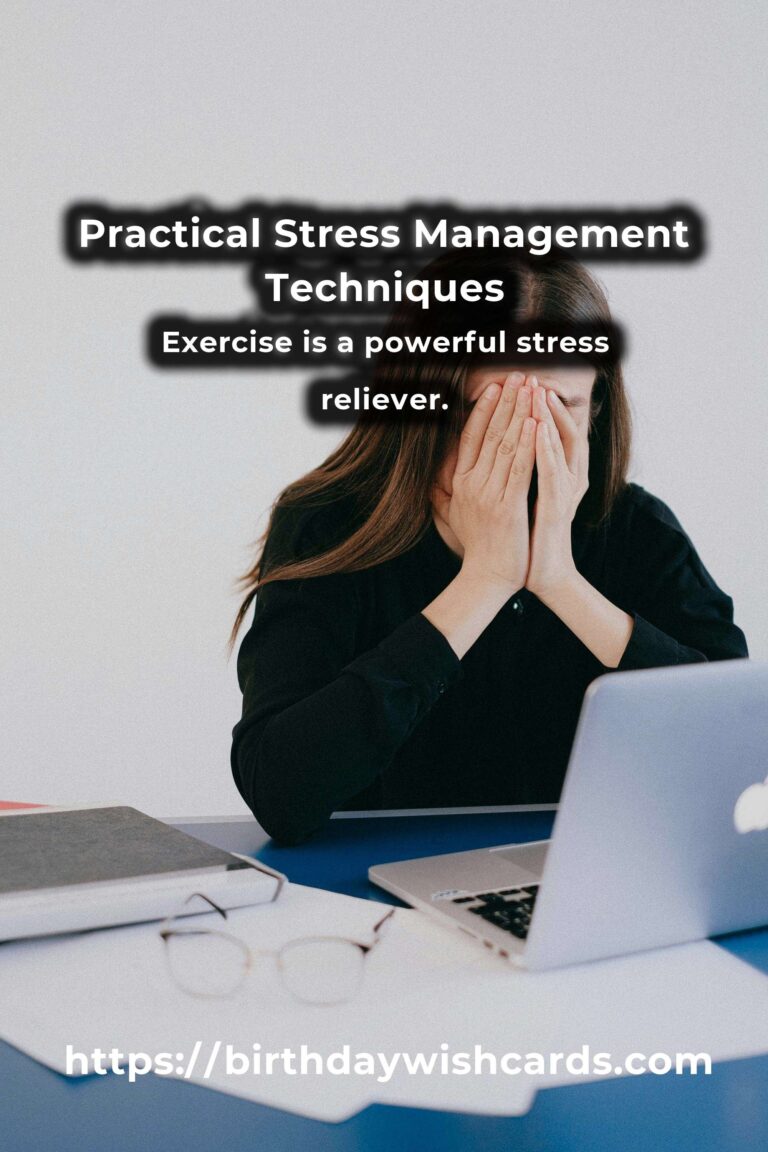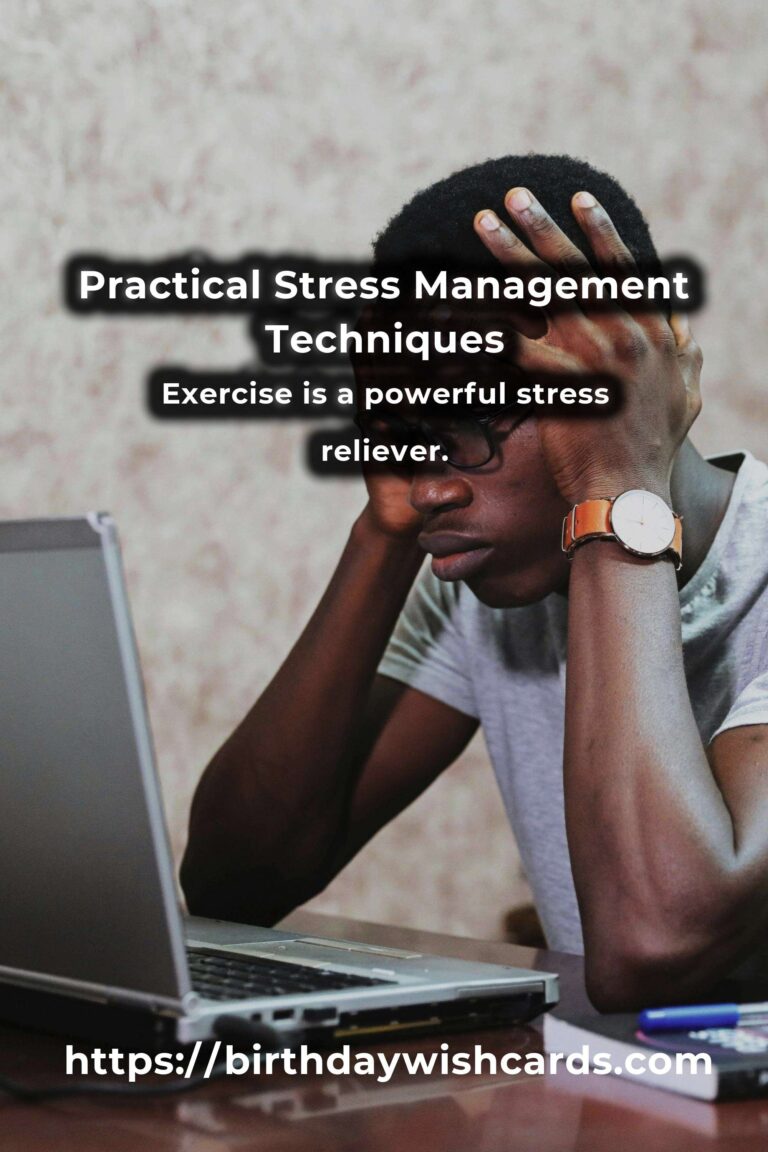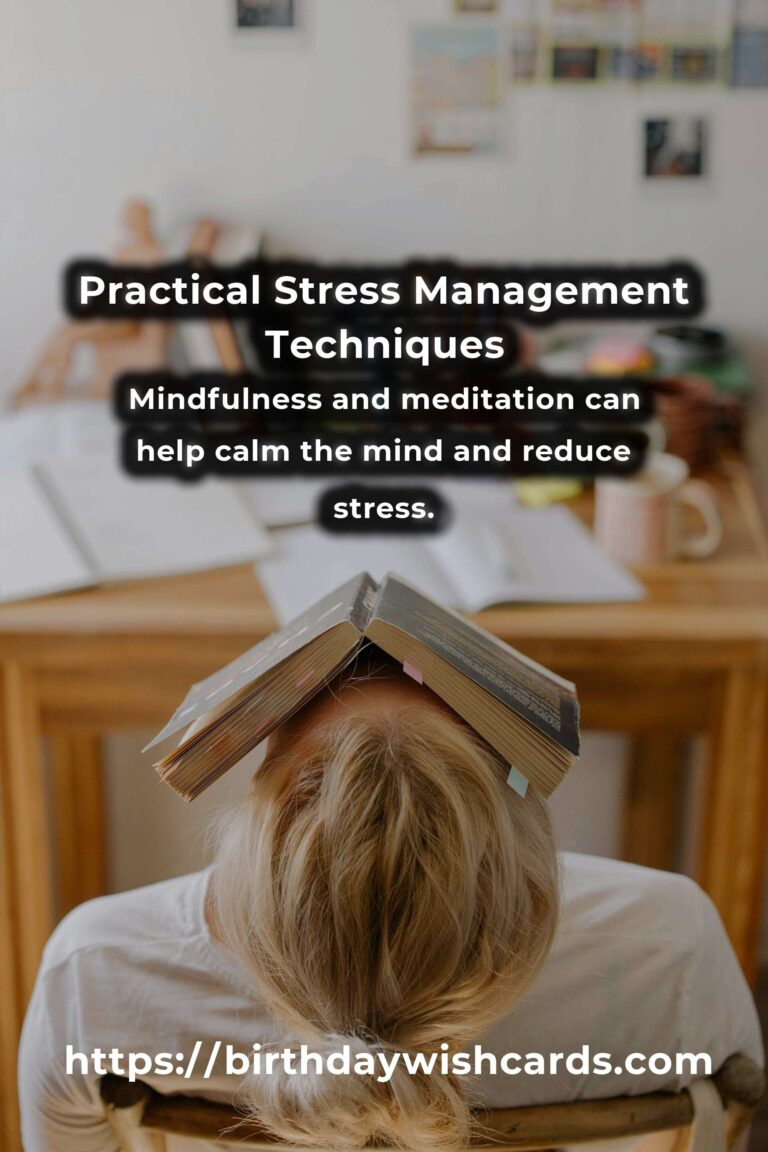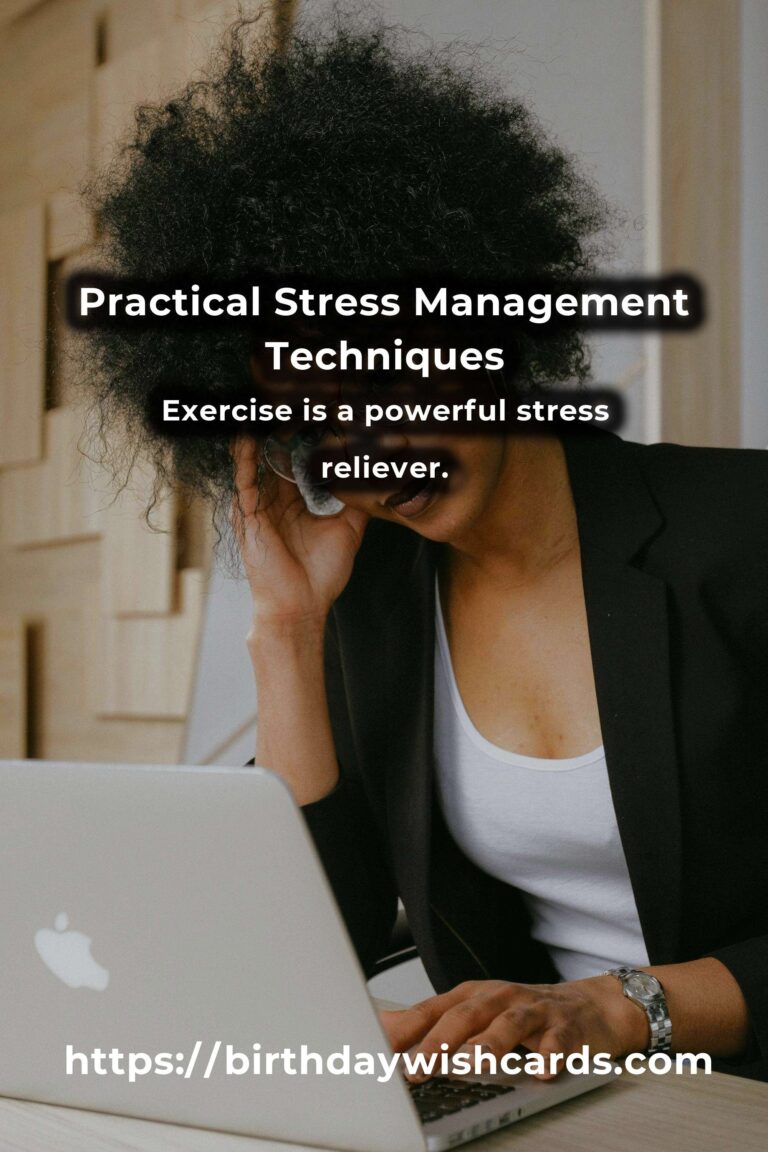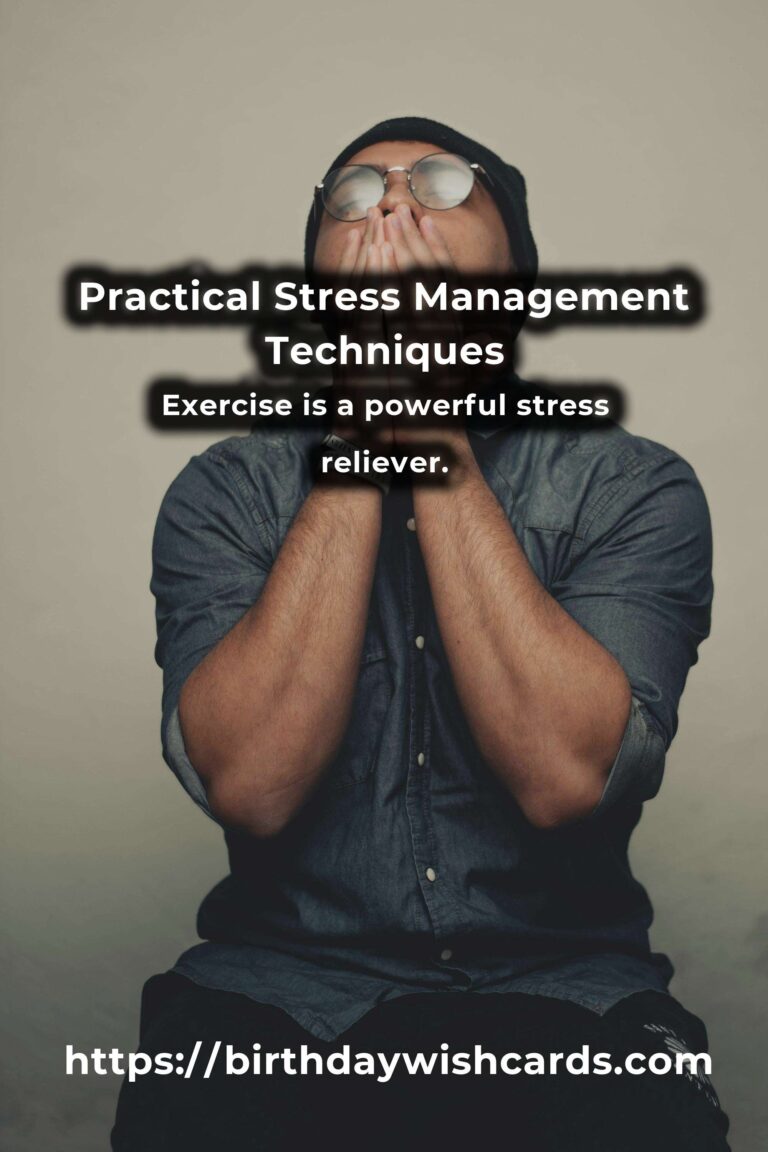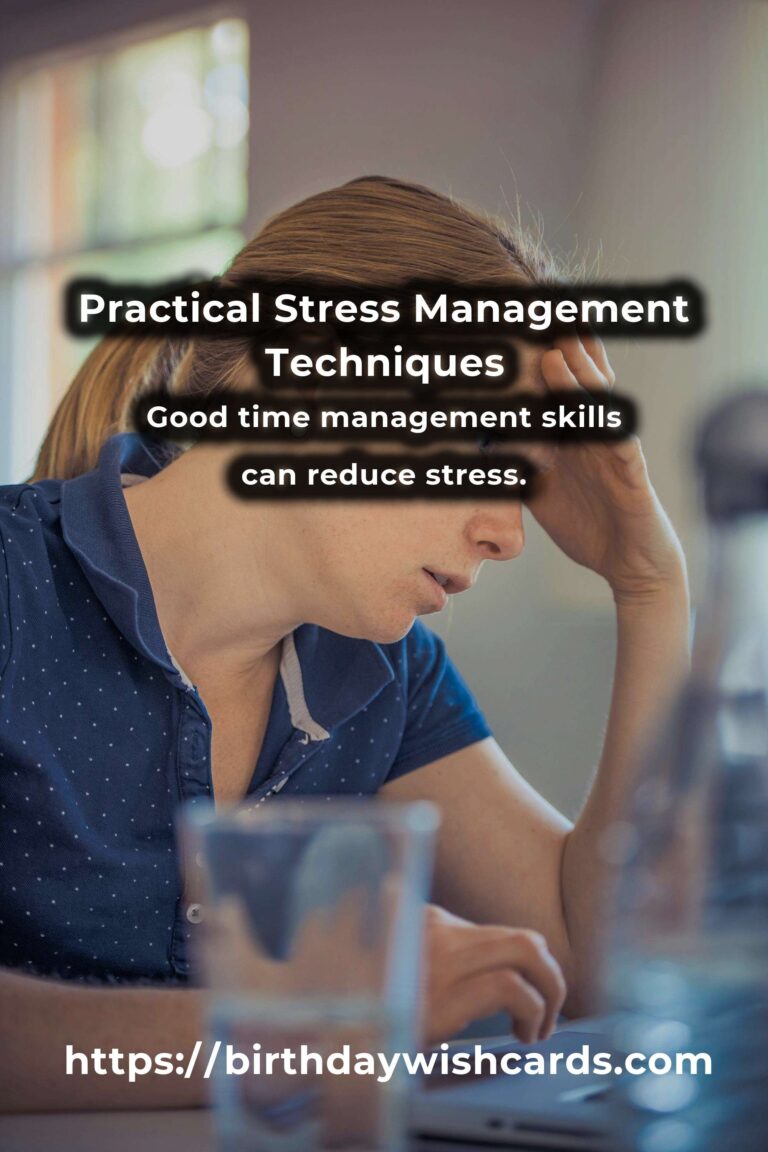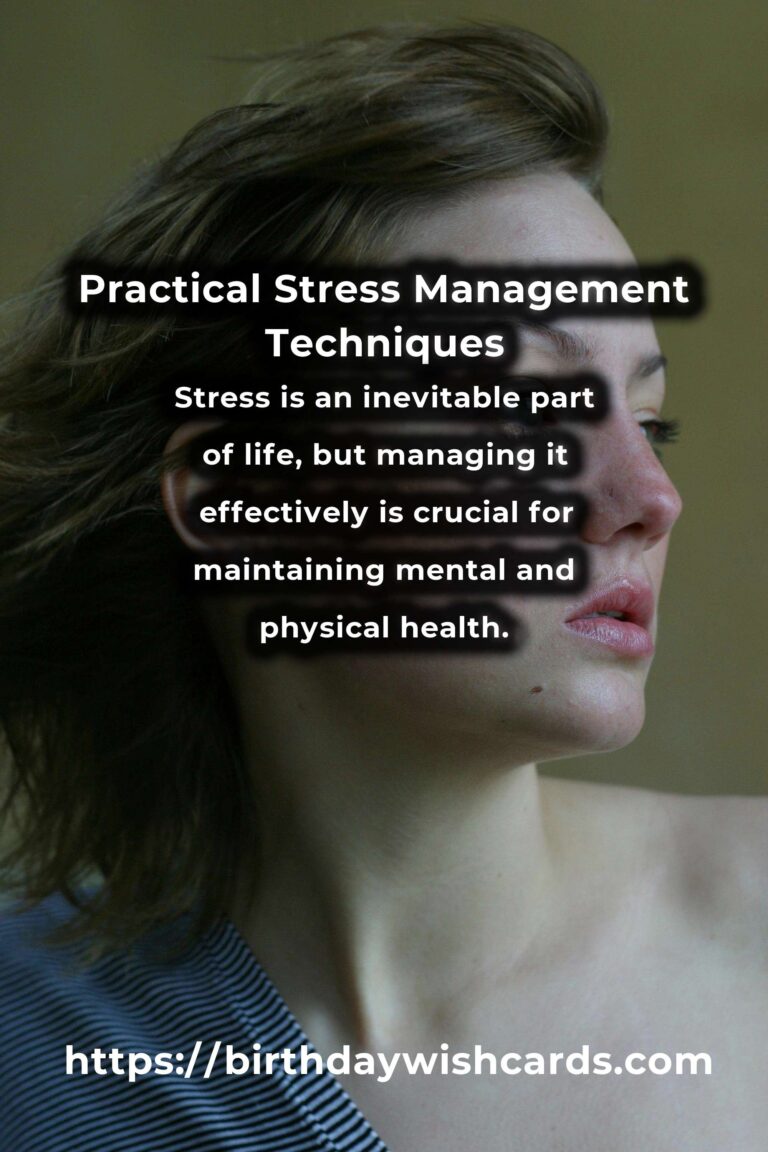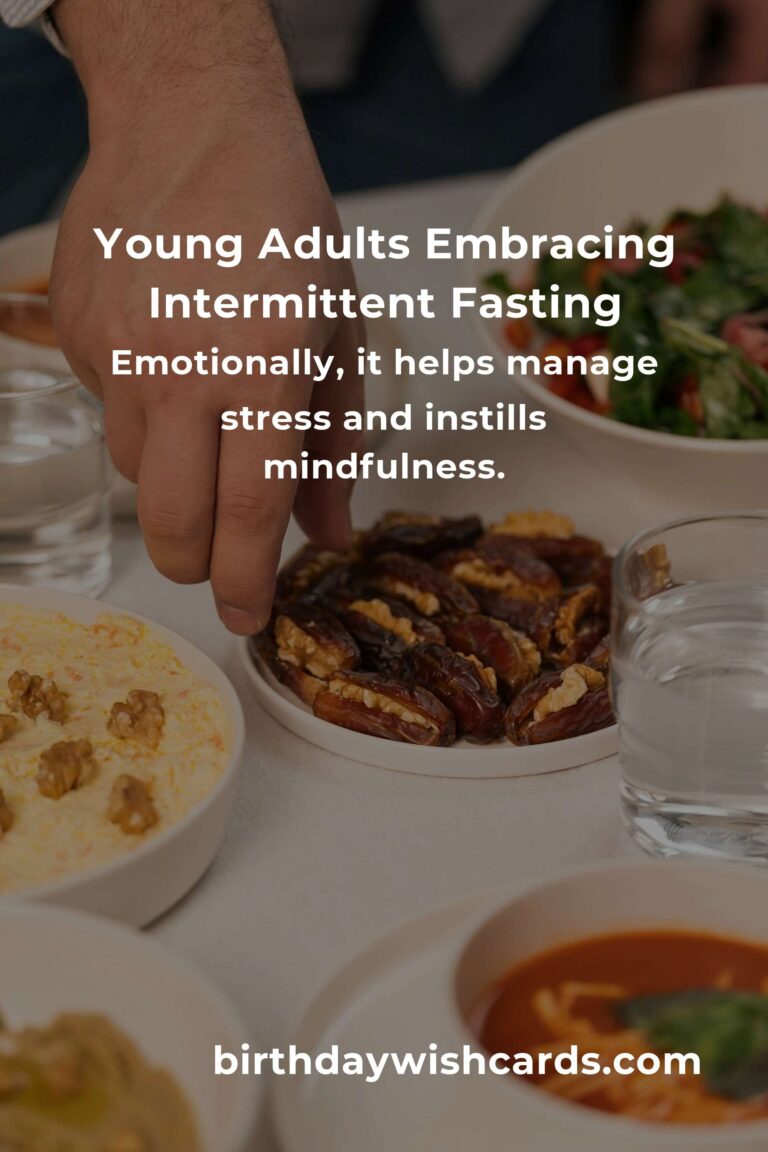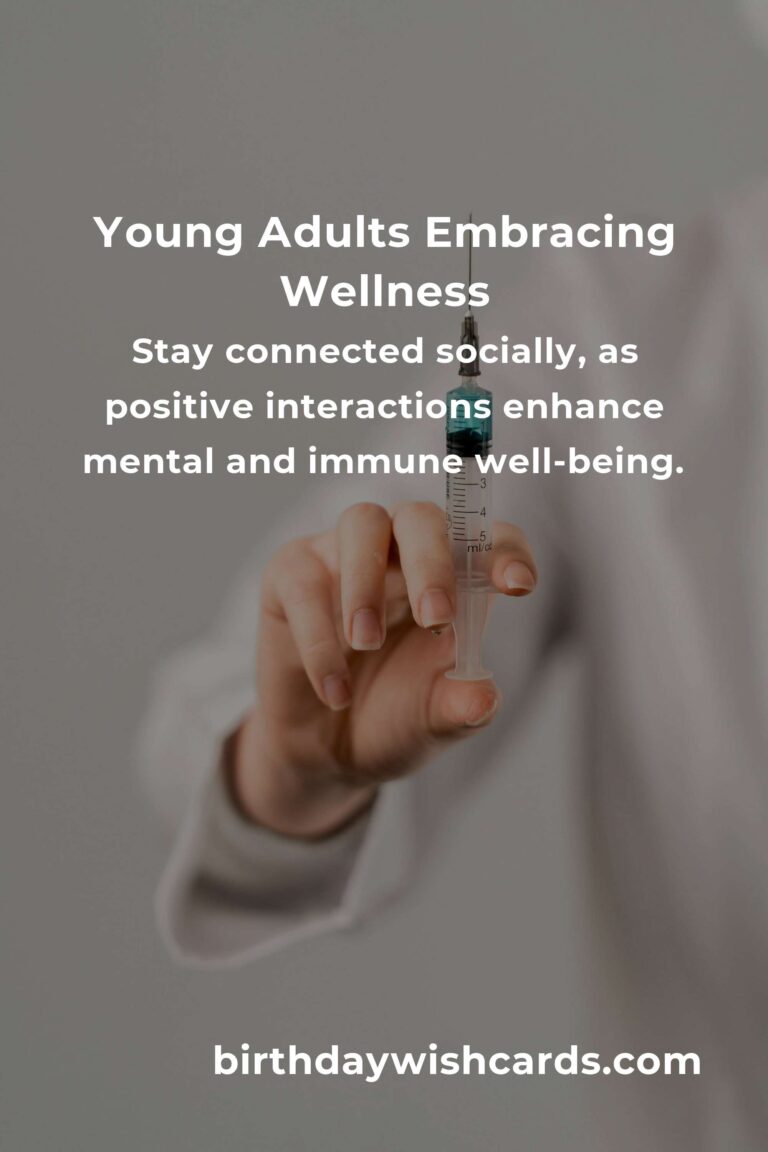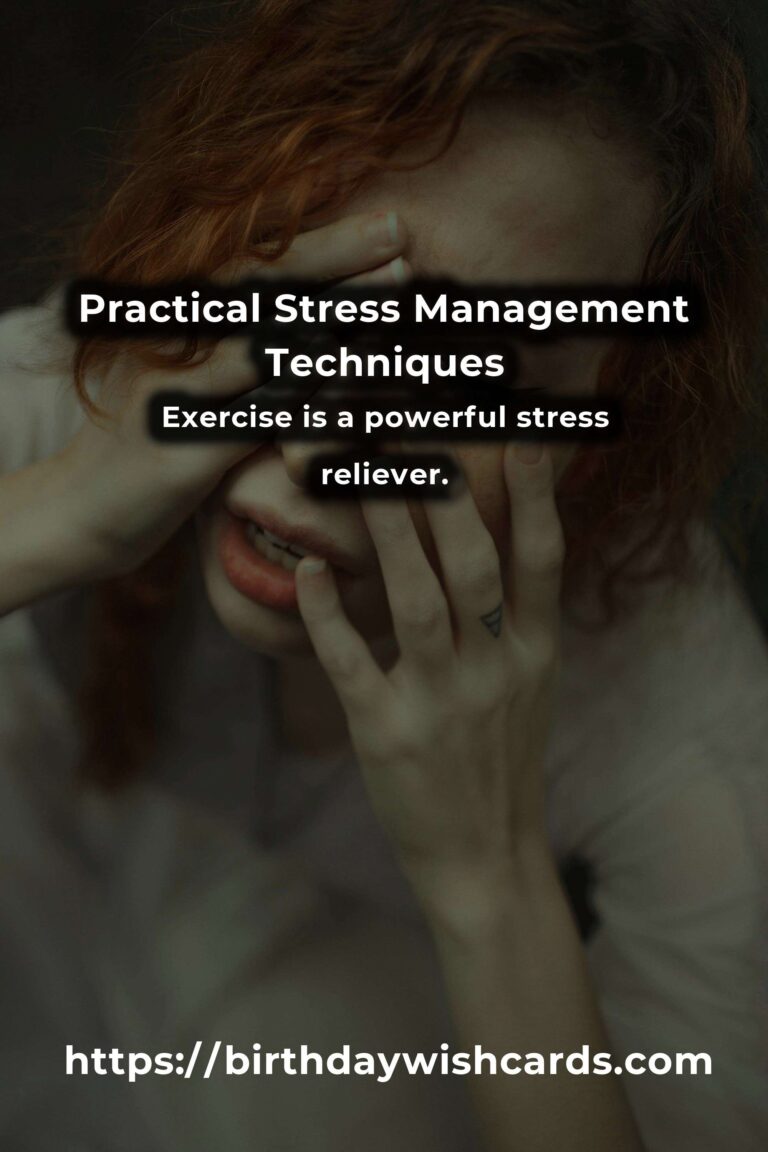
Stress is an inevitable part of life, but managing it effectively is crucial for maintaining mental and physical health. This guide provides practical tips and techniques for stress management that you can integrate into your daily routine.
Understanding Stress
Stress is the body’s reaction to any change that requires an adjustment or response. It can manifest emotionally, physically, or mentally, and while some stress can be beneficial, chronic stress can lead to health problems.
Identifying Sources of Stress
The first step in managing stress is identifying its sources. These can range from work deadlines, financial pressures, to personal relationships. Keeping a stress journal can help pinpoint patterns and triggers.
Effective Stress Management Techniques
Exercise Regularly
Exercise is a powerful stress reliever. It pumps up endorphins and reduces the negative effects of stress. Aim for at least 30 minutes of moderate exercise most days of the week.
Practice Mindfulness and Meditation
Mindfulness and meditation can help calm the mind and reduce stress. Regular practice can increase your resilience to stress over time.
Maintain a Healthy Lifestyle
A balanced diet, adequate sleep, and avoiding excessive caffeine and alcohol can help your body cope better with stress.
Time Management
Good time management skills can reduce stress. Prioritize tasks, set realistic goals, and break tasks into manageable steps.
Build a Support System
Having a strong support network can alleviate stress. Reach out to friends, family, or support groups when you need to talk.
Long-Term Strategies for Stress Management
Developing long-term strategies for stress management is essential. This includes setting aside time for hobbies, learning to say no, and seeking professional help if needed.
Conclusion
Effective stress management involves a combination of strategies that work for you. By implementing these techniques, you can reduce stress and improve your overall quality of life.
Stress is an inevitable part of life, but managing it effectively is crucial for maintaining mental and physical health. Exercise is a powerful stress reliever. Mindfulness and meditation can help calm the mind and reduce stress. A balanced diet, adequate sleep, and avoiding excessive caffeine and alcohol can help your body cope better with stress. Good time management skills can reduce stress.
#StressManagement #MentalHealth #Mindfulness #HealthyLifestyle #Wellbeing

